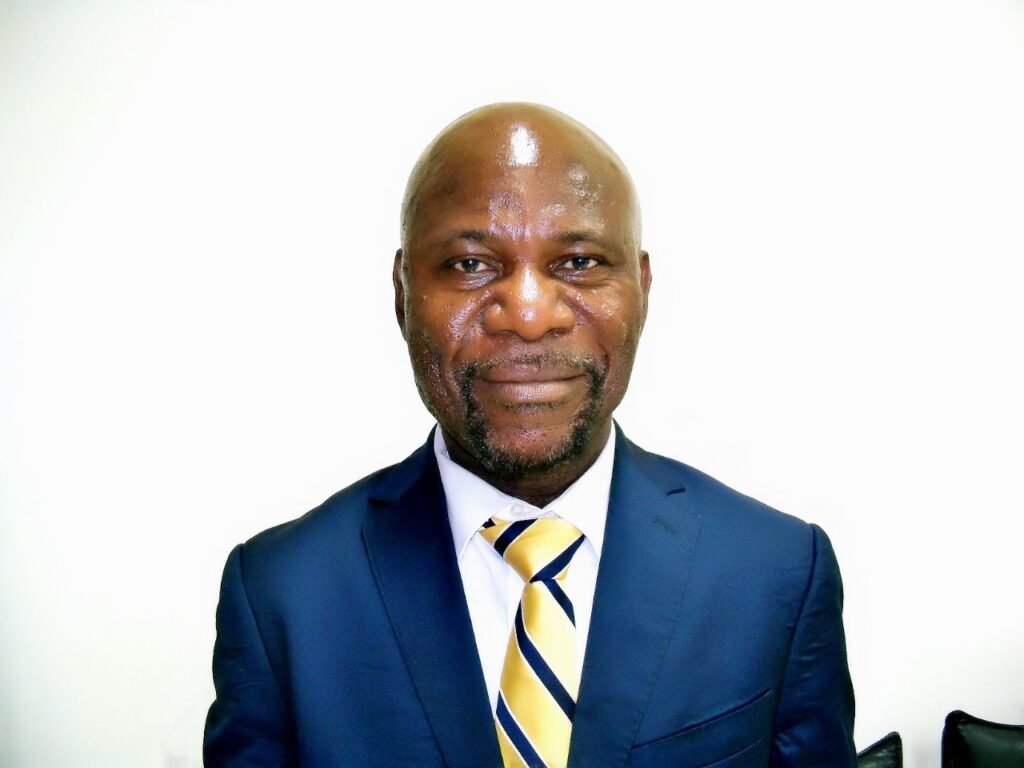By Emmanuel Sikena
Monrovia, Liberia – As Liberia grapples with persistent structural and cyclical unemployment, concerns are mounting over the need for a more robust and innovative Ministry of Labor. Experts and concerned citizens are calling for significant reforms to empower the Ministry to effectively address the nation’s complex labor market challenges.
Thousands of young graduates and students from various institutions of higher learning in the country and more to come remain unemployed. Even the informal sector in the country is unable to absorb those engaged into its activities. Besides, the impact of high unemployment is clearly visible in the traffic of the Liberian capital Monrovia with thousands of Keke and pippin riders. as well as street sellers.
The Ministry of Labor, mandated to oversee national policies and laws related to occupational safety and health, wage standards, unemployment benefits, and reemployment services, is currently perceived as underperforming its crucial role. Critics argue that the Ministry needs to evolve beyond its traditional functions and embrace a more proactive and data-driven approach to tackle unemployment, workforce development and business employment dynamics across the country.
“The Ministry needs to be at the forefront of understanding our labor market,” stated Jones N. Williams, a former State Administrator of the U.S. Bureau of Labor Statistics Programs and Labor Market Analysis and Information in the state of Maryland “They should be meticulously measuring labor market activity, working conditions, and productivity to provide actionable insights and programmatic solutions that can shape policy and drive economic growth.”

The Ministry’s role extends beyond simply enforcing existing regulations. It should be actively involved in improving working conditions, expanding opportunities for profitable employment, and safeguarding the rights and benefits of Liberian workers.
A crucial area requiring significant improvement is labor market analysis and information gathering. By meticulously tracking workforce trends, the Ministry can provide valuable insights into the direction of the Liberian economy. This data-driven approach allows for the identification of areas needing correction and provides a foundation for informed policy decisions aimed at stimulating job creation.
“With accurate and up-to-date labor market information, the private sector can be empowered to create relevant jobs nationwide, guided by the Ministry’s policies and programs,” emphasized Williams.
“Furthermore, the Ministry needs to be acutely aware of industry-specific challenges and opportunities. By monitoring trends and identifying reasons for struggling sectors, the Ministry can highlight potential growth areas and address the evolving needs of the Liberian workforce. This proactive approach will ensure that resources are strategically allocated to programs and initiatives that effectively address these needs.,” Williams continued.
Williams said, “The Ministry’s employment and workforce development division needs a renewed focus on contributing to a more efficient labor market. This can be achieved through the implementation of high-quality job training programs, enhanced employment services, and other targeted interventions designed to equip Liberians with the skills and knowledge needed to succeed in today’s competitive job market.”
The call for a more functioning and innovative Ministry of Labor reflects a growing understanding that addressing Liberia’s unemployment crisis requires a comprehensive and data-driven approach. A revitalized Ministry, equipped with the resources and expertise to effectively analyze and respond to the needs of the labor market, is essential for fostering sustainable economic growth and improving the lives of all Liberians.









